Over the past six months, Britain’s unemployment figures have arguably been the economy’s saving grace. While the labour market has been extremely tight – with job vacancies reaching their highest level on record – the headline unemployment rate has settled back at record lows, keeping at bay the last factor that often ushers in dreaded ‘stagflation’. This morning’s labour market update still shows the unemployment rate sitting below 4 per cent – with data from June alone at just 3.6 per cent – as well as signs that the labour market is loosening, slightly, with the number of job vacancies appearing to have peaked.
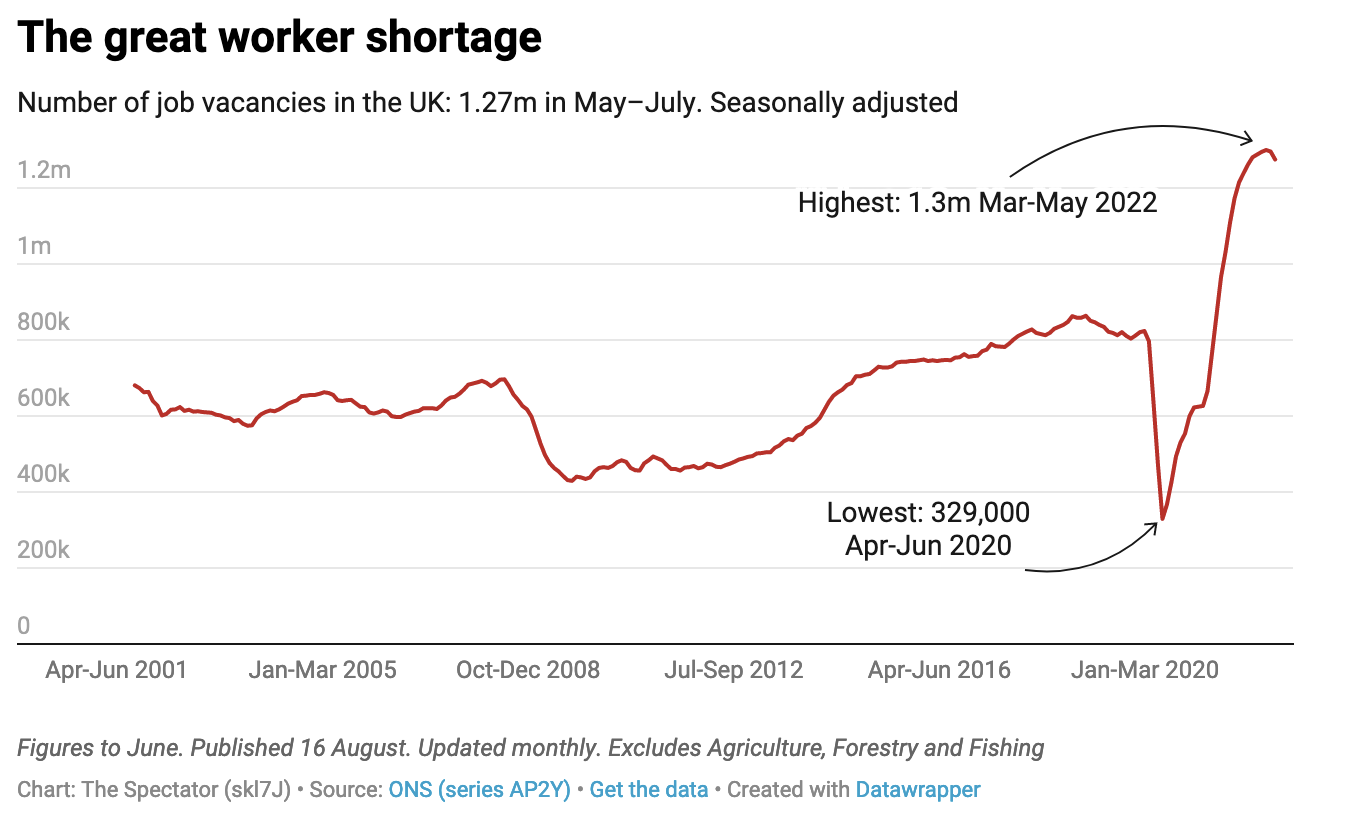
But all of this is secondary to the wage horror story playing out in the data. This morning, the Office for National Statistics reveals that wages have taken a plunge, falling at the sharpest pace ever seen on record. Regular pay (minus bonuses) sat at 4.7 per cent between April and June – the highest pay increase in more than a decade, according to the ONS. But after taking inflation into account, this transforms into a 3 per cent fall in real wages.
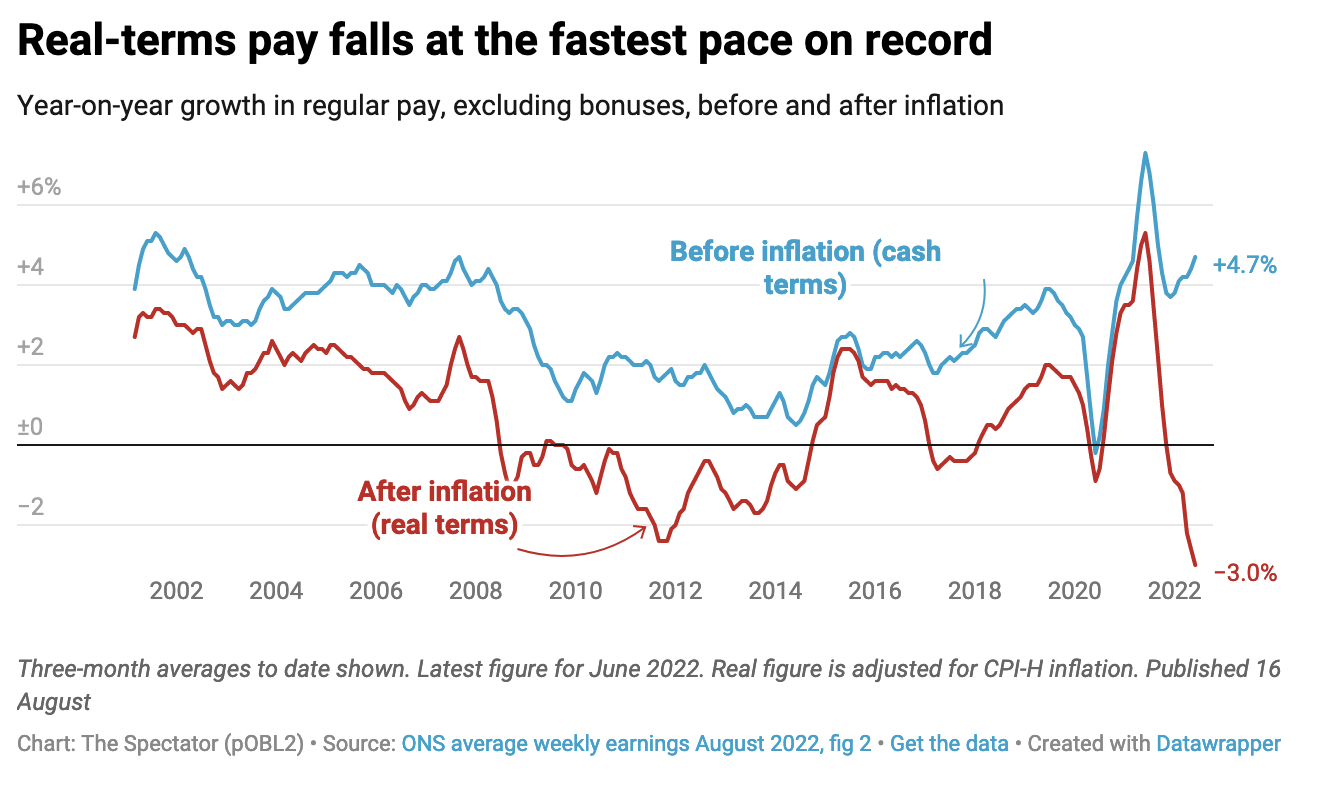
In other words, workers are getting pay raises; but what would be seen as meaningful hikes in normal times stand no chance in keeping pace with inflation, which is now forecast by the Bank of England to reach a staggering 13 per cent on the year. Even pay increases aren’t preventing workers from feeling worse off.
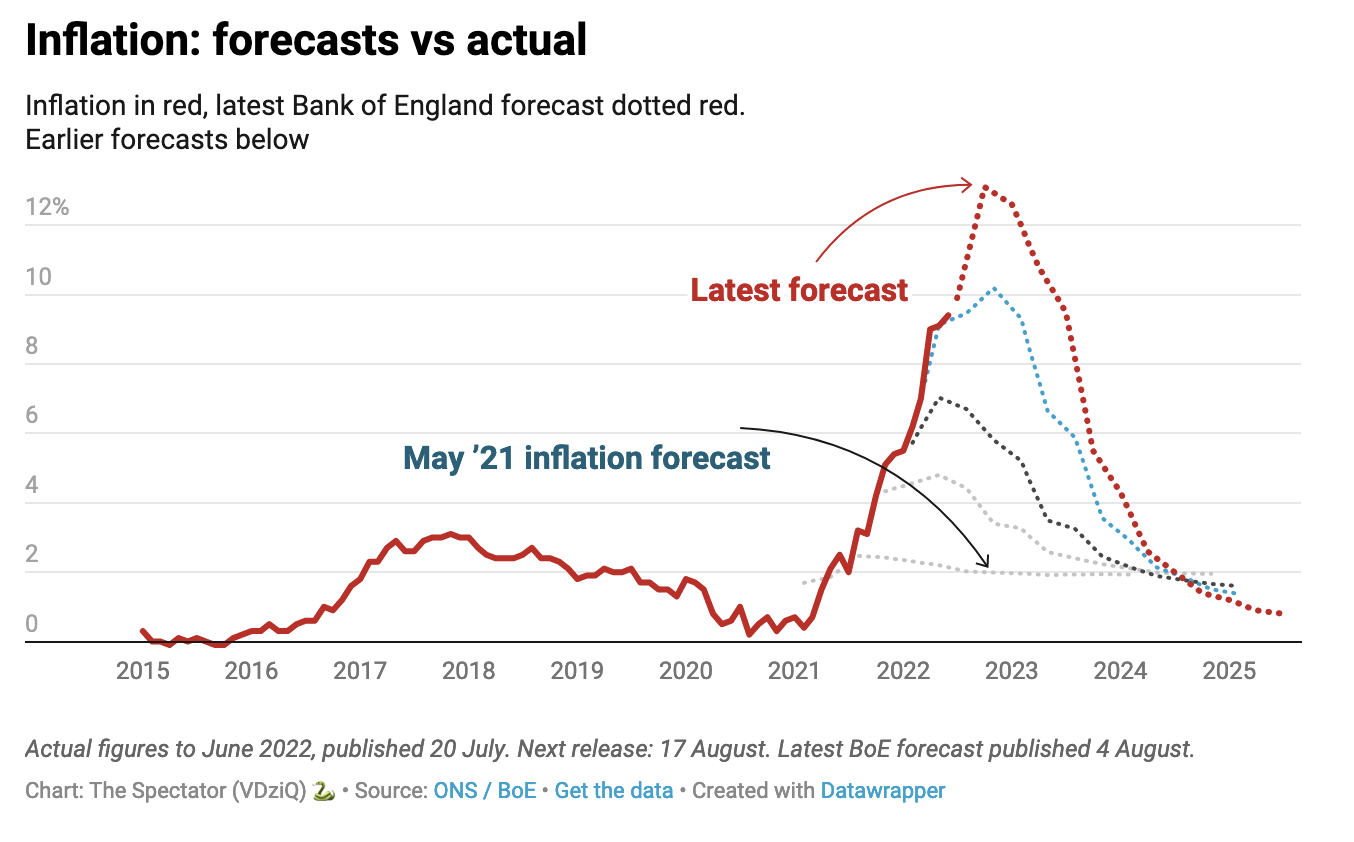
This morning’s news about the sharpest wage fall on record will serve as yet another reminder that the current plans on the table for getting through the upcoming winter are not going to cut it — especially for the most vulnerable households. It’s been a dawning reality for leadership hopefuls Liz Truss and Rishi Sunak over the past few weeks that tinkering with VAT and even substantial tax cuts aren’t going to bandage the effect soaring inflation is having on people’s purchasing power.
But as Paul Johnson from the Institute for Fiscal Studies pointed out yesterday, a lack of answers on one side doesn’t necessarily justify over-promising on the other. Labour’s promise to cap energy payment below £2,000 brings about a subsidy scheme that is likely to be equivalent to the furlough scheme: not just the centrepiece of Covid emergency policy, but one of the most expensive schemes too, totalling around £60 billion.
Having just spent two years spending record amounts of money to get the country through a crisis, there is increasing trepidation about just how much further politicians can push the big spending promises.
Got something to add? Join the discussion and comment below.
Get 10 issues for just $10
Subscribe to The Spectator Australia today for the next 10 magazine issues, plus full online access, for just $10.


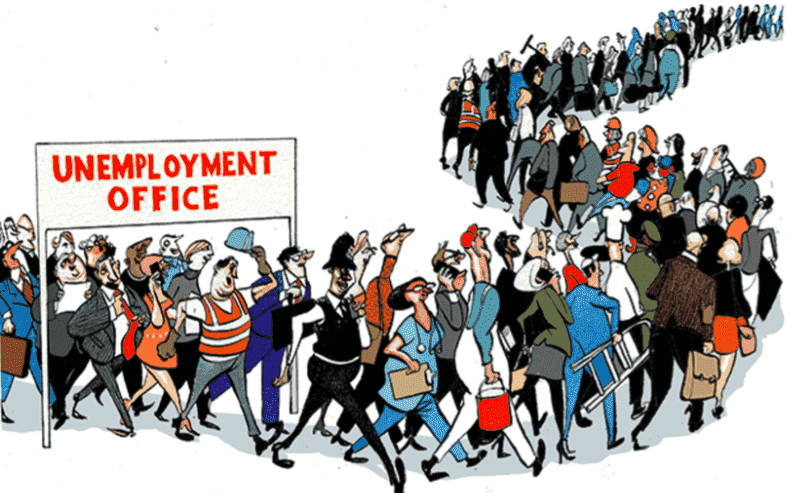
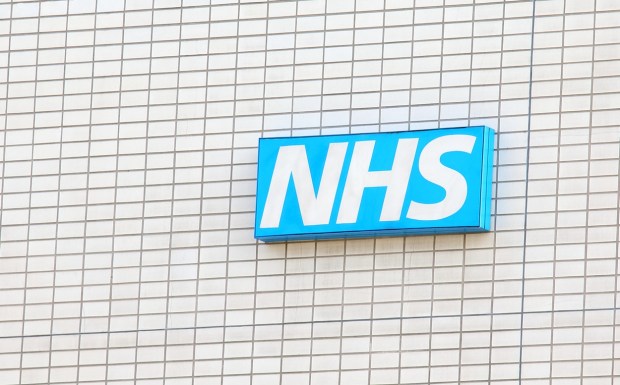
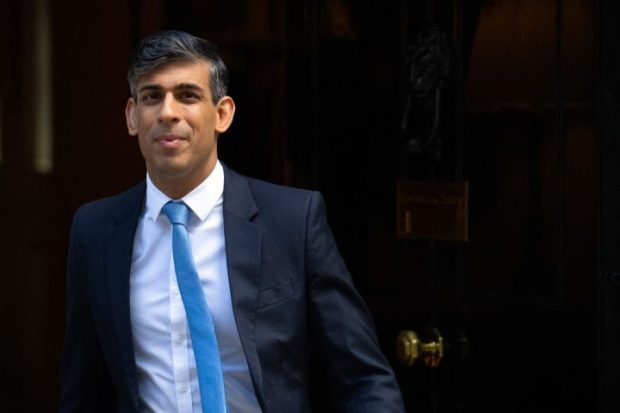
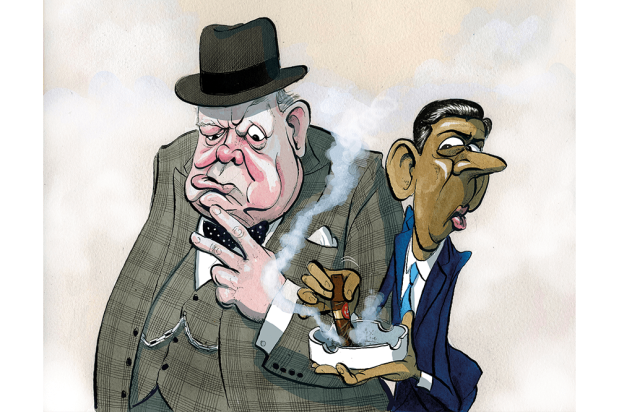
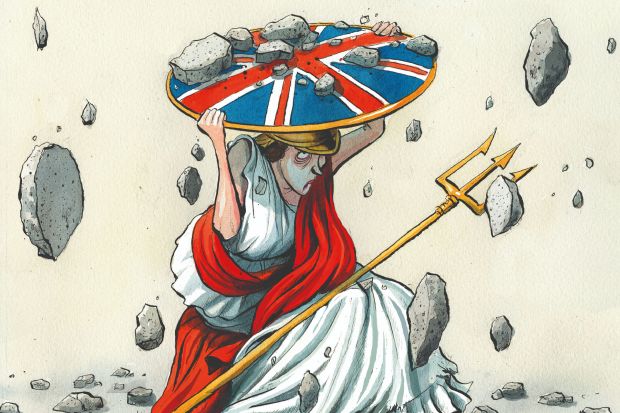
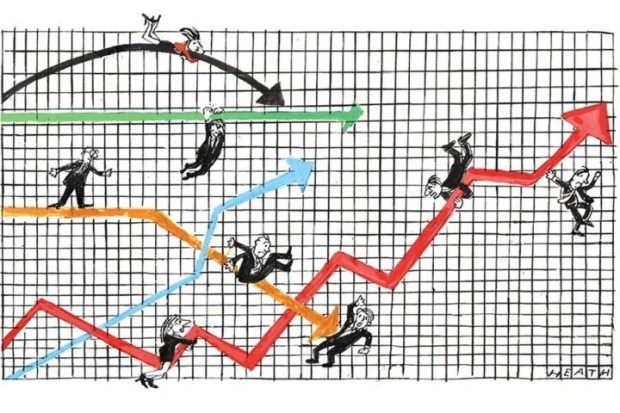













Comments
Don't miss out
Join the conversation with other Spectator Australia readers. Subscribe to leave a comment.
SUBSCRIBEAlready a subscriber? Log in